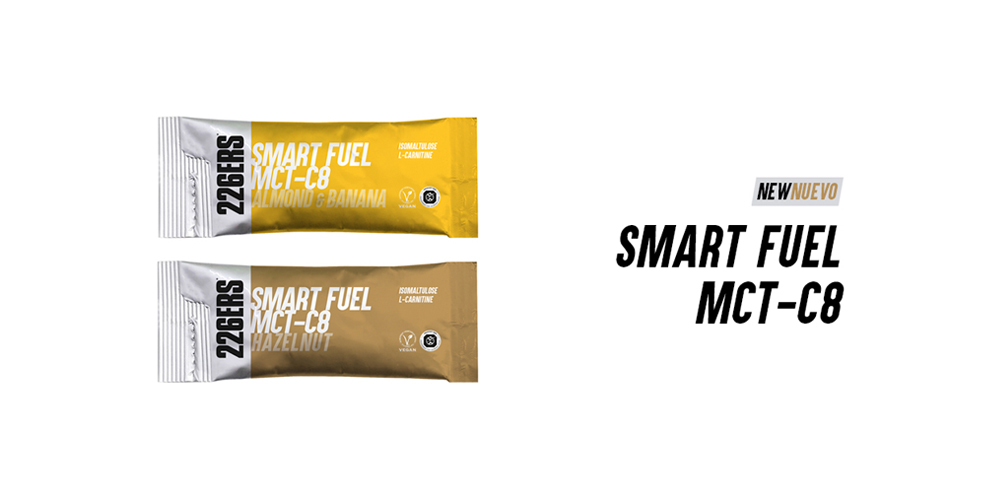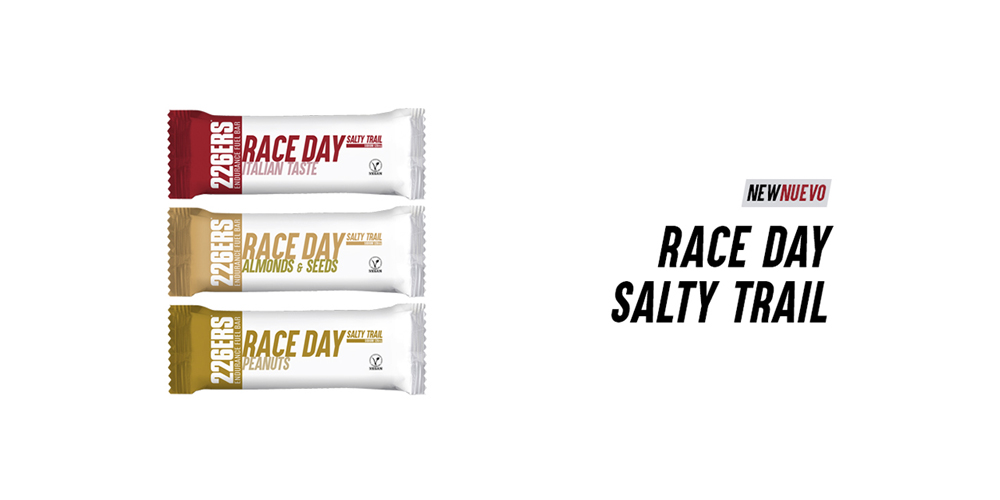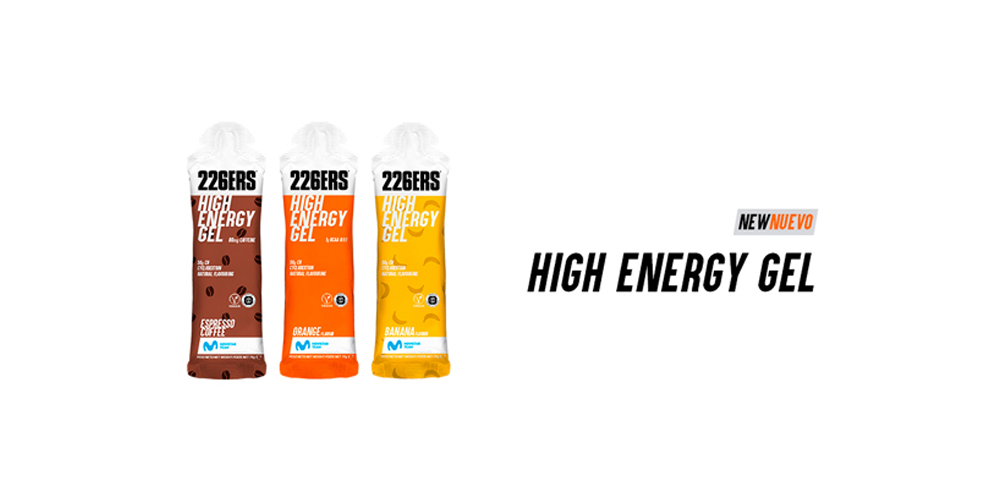Although there are people who remain undecided, the answer is a simple, yes. In recent years, there has been a notable increase regarding the care taken with food supplementation and diets of every type. Some opt for one type of diet, while others for greater care with the food they ingest, be it chosen according to type, where it comes from or if it includes some “evil” or “superhero” ingredient. Unfortunately, a miracle-performing product does not exist when it comes to sports, instead the key lies in consistency with training and, of course, that it is planned and controlled. Nonetheless, a certain quantity of food supplementation can help to perform better in training sessions, recover quicker and, as a result, lead to even better training, something which enables the athlete to get the most of out their performance. So, if performance is to be improved both in short and long distance races, supplementing is necessary.
Outside competitions, supplementation between short and long distance races can be similar when considering, firstly, the specific necessities of the athlete and, secondly, the session or phase of training in which the athlete is (e.g. initiation period, pre-season, pre-competition or competition). A further point depends on the type of training they are doing – be it strength, speed or resistance.
On the other hand, the correct hydration is also key regardless of the season, environment, distance or type of training session. Although it can be complicated, sticking to the correct hydration in long-distance races is vital, especially when competing.
The large majority of athletes, trainers and health specialists know that every individual has a determined amount of fats and glycogen stored for energy consumption. What is unclear on some occasions is that hydration requirements vary drastically from one individual to another, particularly when temperature, humidity and levels of effort fluctuate. The adequate clothing is also plays a part.
This implies that a clear pattern between the quantity of water and salts an athlete should ingest does not exist. However, this is not necessarily evident in the case of amino acids, proteins and carbohydrate where patterns are mostly standardised.
For example:
- The amount of protein intake after training should be between 20-25g.
- The maximum amount of carbohydrates that should be ingested in one hour is 90g if it is a mixture of carbohydrates. If one type of carbohydrate is chosen, 60g should be ingested.
- The carbohydrate to water ratio should be 10%, resulting in a 20g carbohydrates to 200ml water ratio.
Before and after short distance training there is a greater necessity for amino acids and protein while during long-distance training, mainly due to the increase in the volume of training required, recovery drinks play a more crucial role in providing not only protein and amino acids but also vital carbohydrates which replenish energy levels and glycogen reserves.
When competing in short and long distance races supplementation does not carry the same weight of importance nor the same outcome in relation to performance. What this means is that achieving a personal best in long-distance competitions is directly connected to the correct nutritional diet, unlike in short distance races, such as a triathlon sprint, where being sufficiently hydrated during the race and consuming caffeine, if it can be tolerated, can be enough to obtain a personal best in the race.



